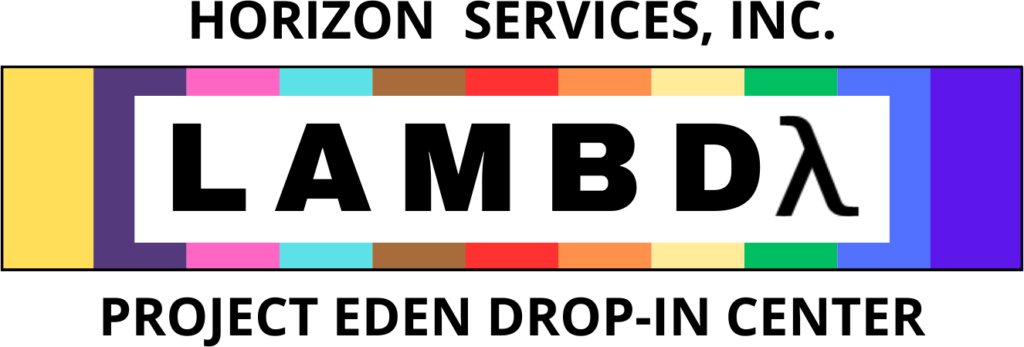What Is Treatment For Substance Use or Mental Health Disorders?
Rehab Bay Area treatment is a structured program designed to help individuals recover from physical and mental trauma or substance use disorders. It aims to restore or improve a person’s overall quality of life while helping them work through any symptoms they may be experiencing.1
This kind of treatment can encompass various forms of support and assistance, depending on the specific condition being addressed. Here are three common types of treatment:

Physical Treatment
Physical treatment focuses on restoring physical function and mobility after an injury, surgery, or illness. It typically includes exercises, counseling, and other interventions to improve strength, coordination, range of motion, and overall physical capabilities.2
Many people experience physical symptoms as a result of mental health or substance use disorders. Utilizing physical rehab Bay Area options can help individuals work through these struggles and receive holistic care.
Mental Health Treatment
Mental health treatment helps individuals with mental health disorders regain control over their lives and improve their well-being. It may involve counseling, medication management, support groups, and other interventions tailored to address specific mental health conditions.
Disorders that rehab Bay Area mental health treatment can help with include depression, anxiety, bipolar disorder, or behavioral disorders.3
Substance Use Disorder Treatment
Substance use disorder treatment helps individuals overcome addiction to drugs or alcohol. It often includes a combination of medical detoxification, counseling, behavioral strategies, and ongoing aftercare to support long-term recovery.
How Long Is Rehab Bay Area Treatment?
For most rehab Bay Area programs, treatment is typically carried out by a multidisciplinary team of healthcare professionals, including doctors, nurses, psychologists, and counselors. The specific duration and intensity of treatment can vary depending on the individual’s needs and the severity of their condition.
The ultimate goal of treatment is to help individuals regain functionality, independence, and a higher quality of life, enabling them to reintegrate into society and achieve their personal goals.
How Can Rehab Bay Area Treatment Help With Substance Use Disorders?
Substance use disorder (SUD) is a complex condition characterized by the persistent use of drugs or alcohol despite the negative consequences it causes. It is a chronic condition that affects individuals physically, mentally, and socially.
SUD can lead to serious health problems, strained relationships, financial difficulties, and legal issues.
Treatment is a crucial component for healing from symptoms of substance use disorder. Treatment programs provide a structured and supportive environment for individuals to address their addiction and work toward recovery. The primary goal of treatment is to help individuals achieve and maintain sobriety while addressing the underlying causes and risks of their substance use disorder.4
What Are Symptoms of Substance Use Disorder?
The symptoms of substance use disorder can vary depending on the specific substance involved and the severity of the condition. However, some common signs and symptoms to be aware of include:
- Neglecting responsibilities: As SUD progresses, individuals may neglect their responsibilities at work, school, or home. They may fail to meet deadlines, perform poorly in tasks, or experience a decline in academic or occupational performance.
- Social and interpersonal problems: Due to substance use-related behaviors, individuals may withdraw from social activities, isolate themselves, or engage in conflicts.
- Physical and psychological effects: SUD can lead to a range of physical and psychological symptoms depending on the substance. These can include changes in sleep patterns, impaired coordination, mood swings, and co-occurring mental health disorders.5
- Continued use despite negative consequences: Individuals with SUD may also persistently use substances even when facing adverse effects on their health, relationships, finances, or legal consequences.
Key Components of Successful Rehab Bay Area Treatment
If you or a loved one need help working through symptoms of mental health or substance use disorders, there are multiple aspects to consider about your treatment options.
Some key components that successful rehab Bay Area treatment should have include:
Individualized Treatment Plans
These are tailored plans that address each individual’s unique needs, circumstances, and goals for effective and personalized care.
Medical Detoxification
For those with substance use disorders, detox can help safely manage withdrawal symptoms and ensure physical stability during the transition to treatment.
Evidence-Based Approach
Some common evidence-based treatment options include cognitive-behavioral therapy, motivational interviewing, and dialectical behavioral therapy. These can help individuals address the underlying causes of substance use, modify harmful behaviors, and develop coping skills.6
Medication-Assisted Treatment (MAT)
Medications, such as methadone, buprenorphine, or naltrexone, can be used alongside counseling to reduce cravings, manage withdrawal, and support abstinence.
Dual Diagnosis Treatment
This is an integrated approach addressing co-occurring mental health disorders alongside substance use for comprehensive and holistic care.
Peer and Group Support
Group counseling sessions or 12-step meetings can help individuals connect with peers, share experiences, and provide mutual support during recovery.
Family Involvement
Involving family in treatment, such as with family collateral sessions, can help improve relationships, communication, and support system.
Aftercare and Continuing Support
Planning for ongoing support, relapse prevention strategies, and access to community resources can help individuals stay on track after leaving treatment.
Holistic Approach
Many rehab Bay Area treatment centers offer holistic therapies as well. This can include a focus on nutrition, exercise, mindfulness, and complementary practices to promote well-being.
Continuum of Care
This includes providing step-down programs, transitional housing, and ongoing monitoring to support long-term recovery.

Get in Touch With Horizon Treatment Services For Integrated and Supportive Care
At Horizon Treatment Services, we are invested in making sure that every individual that walks through our doors gets supportive and evidence-based care. We understand the challenges of seeking substance use or mental health disorder treatment.
Therefore, we offer personalized care and comprehensive programs across all of our locations in Alameda, San Mateo, and Santa Clara counties. Our experienced team serves the community at various levels of care, including detoxification, residential, outpatient, and community support services.
Get In Touch With Us Today
With a focus on counseling, tailored treatment plans, and access to medication-assisted treatment, we ensure compassionate care for your healing journey. We can also provide education and other resources to help individuals understand just how important rehab Bay Area treatment is for overall well-being.
Join us today and take the first step toward lasting recovery. Contact Horizon Treatment Services for the support you need. Together, we can overcome SUD and embrace a healthier future.
Resources
1https://medlineplus.gov/rehabilitation.html
3https://www.who.int/news-room/fact-sheets/detail/mental-health-strengthening-our-response
4https://www.mayoclinic.org/diseases-conditions/drug-addiction/symptoms-causes/syc-20365112
5https://www.medicalnewstoday.com/articles/effects-of-drug-abuse








